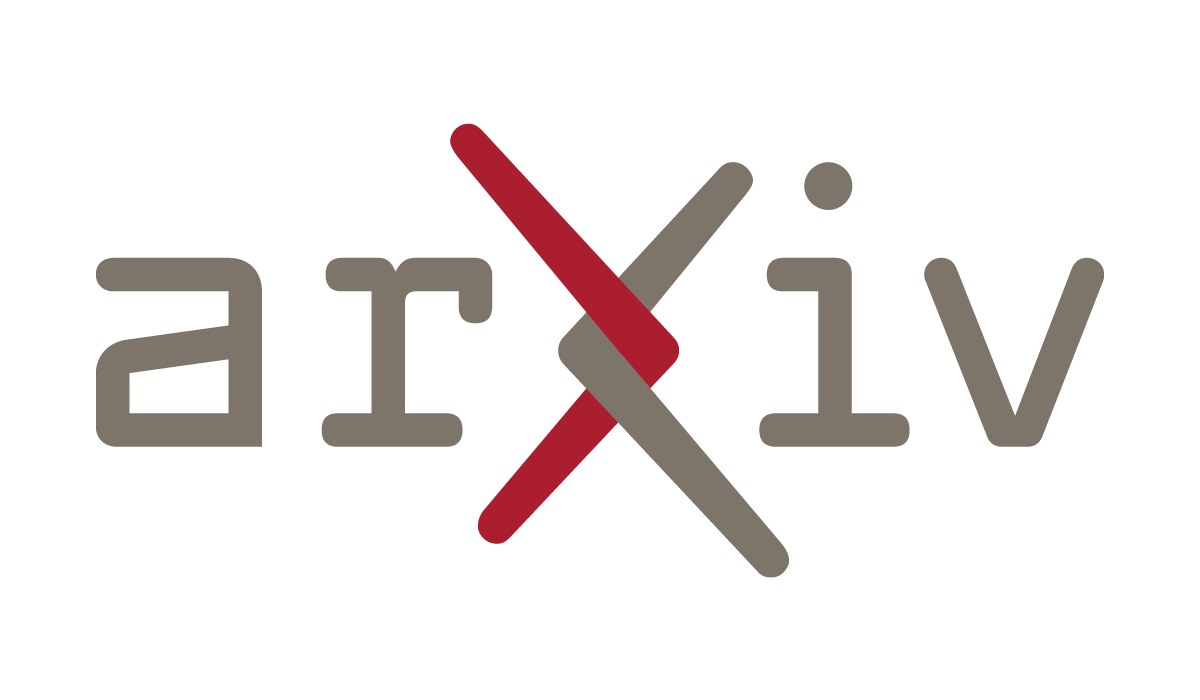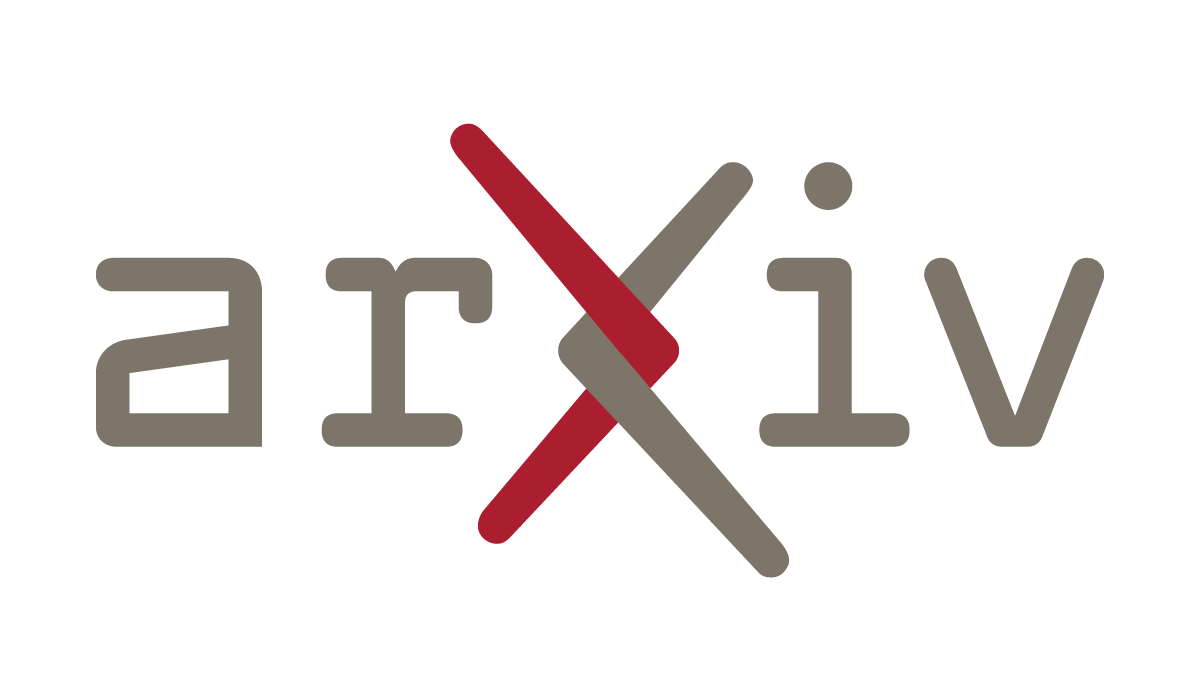Audio summaries are coming to #arXiv. Initially just for high-energy physics, but that's a good start.
https://blog.arxiv.org/2025/04/08/arxiv-pilots-audio-summaries-in-partnership-with-sciencecast/
Audio summaries are coming to #arXiv. Initially just for high-energy physics, but that's a good start.
https://blog.arxiv.org/2025/04/08/arxiv-pilots-audio-summaries-in-partnership-with-sciencecast/
Today on the #arXiv :
Lau et al. 2025, "Revealing a main-sequence star that consumed a planet with JWST" - https://arxiv.org/pdf/2504.07275
Sometimes, planets fall onto stars.
ZTF SLRN-2020 was first reported by De et al. 2023, found in survey data from Palomar: https://www.nature.com/articles/s41586-023-05842-x .
And compare to Vissapragada et al. 2022 about a planet that has not quite yet fallen onto another star: https://iopscience.iop.org/article/10.3847/2041-8213/aca47e
Wanna have the Universe talk to you? Now on offer by #ArXiv where AI-generated summaries of new high energy astrophysics papers can be listened to: https://blog.arxiv.org/2025/04/08/arxiv-pilots-audio-summaries-in-partnership-with-sciencecast/ - like e.g. https://arxiv.org/abs/2504.07051 (Revisiting X-ray polarization of the shell of Cassiopeia A using spectropolarimetric analysis) which then sounds like https://sciencecast.org/casts/4gohkbijrsl9
The Harvard ADS search engine
has many advanced features if you
select "Modern Form" at the top of the screen to get the Bumblebee search
interface. You can create your own virtual library of publications
and make it public. You can search for citations that cite a collection of papers. There is a "Citation Helper" facility that may help you identify missing papers.
https://ui.adsabs.harvard.edu/
There is online help:
https://ui.adsabs.harvard.edu/help/
arXiv is freshly hiring for 3 positions:
- Software Engineer
- DevOps Software Engineer
- Software Engineer Scientist
US-only, NYC-based, hybrid/remote possible.
Share and help us build a backbone of Open Science.
Today on the #arXiv:
Narayanan et al. 2025, "Thermal Desorption Kinetics, Binding Energies, and Entrapment of Methyl Mercaptan Ices" - https://arxiv.org/abs/2504.01102
If you were wondering what a protoplanetary disc might be said to smell like.

Easily my favourite April 1st paper this year.
Brave and terrifying. #TeXLaTeX #arxiv
paper: https://arxiv.org/abs/2503.24187
homepage: https://neuralatex.com/
WIRED: Inside arXiv—the Most Transformative Platform in All of Science
https://www.wired.com/story/inside-arxiv-most-transformative-code-science/

Der Einfluss von arXiv auf die Wissenschaftsgemeinschaft ist unverkennbar. Mit über 2,6 Millionen veröffentlichten Artikeln und 5 Millionen monatlich aktiven Nutzern ist es ein unersetzlicher Bestandteil der wissenschaftlichen Zusammenarbeit.
#arXiv #Wissenschaft #Offenheit
https://www.wired.com/story/inside-arxiv-most-transformative-code-science/

[2503.22919] Feline gravity manipulation
https://arxiv.org/abs/2503.22919
> Since their domestication at the dawn of civilization, cats have been known for their uncanny ability to seemingly defy gravity... a satisfactory unification of the theory of gravitation and quantum field theory.
Call for participation: *SciVQA* Shared Task (https://sdproc.org/2025/scivqa.html)
@NFDI4DS members Ekaterina Borisova and Georg Rehm are organizing a shared task “Scientific Visual Question Answering Shared Task (SciVQA)” on July 31 or August 1st, 2025 in Vienna, Austria, hosted as part of the SDP 2025 Workshop.
Deadline for system submissions: May 16, 2025
#chart
#diagram
#multimodalQA
#visualattributes
#questionanswering
#arXiv
#SciVQA
#SDP2025
#ACL2025
#Vienna
#codabench
#huggingface
#NFDI4DS
Today on the #arXiv :
When I have to check carefully to decide which submissions are bad jokes and which are intended seriously, but mistaken.
in the #arXiv
The Eras Tour: Mapping the Eras of Taylor Swift to the Cosmological Eras of the Universe
Submitted to Acta Prima Aprilia by Jane C. Bright
https://arxiv.org/abs/2503.22795

#arXiv #April1st Detection of an extraterrestrial technical civilisation on the extrasolar planet GJ 1132b https://arxiv.org/abs/2503.23788 "the detection of whisky in the atmosphere of this extrasolar super-Earth planet and a novel explanation for the Fermi Paradox.
Was looking at the source to a very early arXiv paper (https://arxiv.org/abs/hep-ph/9210243). The PDF is unavailable, for reasons that are obscure ("pre-1996 submission which cannot be processed"). But there's a lot of history in the source code: it looks like it was submitted, as a single file, emailed from BITNET to the arXiv via a gateway. It also uses a now-obscure TeX package phyzzx (https://ctan.org/tex-archive/obsolete/macros/phyzzx).
I know I'll sound like a young person when I say this but I'd love to know how that worked in practice and what it was like to be in academia before everyone had access to a TCP/IP internet connection but after internetworked computers were ubiquitous. Sort of like the TV series Halt and Catch Fire but with physicists.
#arXivFools approaches once again, and I'll be doing my annual update of the list of arXiv joke papers: https://www.ellipsix.net/arxiv-joke-papers.html
Any academics who may see this, feel free to send me links tomorrow!
"For scientists, imagining a world without arXiv is like the rest of us imagining one without public libraries or GPS. But a look at its inner workings reveals that it isn’t a frictionless utopia of open-access knowledge. Over the years, arXiv’s permanence has been threatened by everything from bureaucratic strife to outdated code to even, once, a spy scandal. In the words of Ginsparg, who usually redirects interview requests to an FAQ document—on arXiv, no less—and tried to talk me out of visiting him in person, arXiv is “a child I sent off to college but who keeps coming back to camp out in my living room, behaving badly.”
Ginsparg and I met over the course of several days last spring in Ithaca, New York, home of Cornell University. I’ll admit, I was apprehensive ahead of our time together. Geoffrey West, a former supervisor of Ginsparg’s at Los Alamos National Laboratory, once described him as “quite a character” who is “infamous in the community” for being “quite difficult.” He also said he was “extremely funny” and a “great guy.” In our early email exchanges, Ginsparg told me, upfront, that stories about arXiv never impress him: “So many articles, so few insights,” he wrote."
https://www.wired.com/story/inside-arxiv-most-transformative-code-science/
